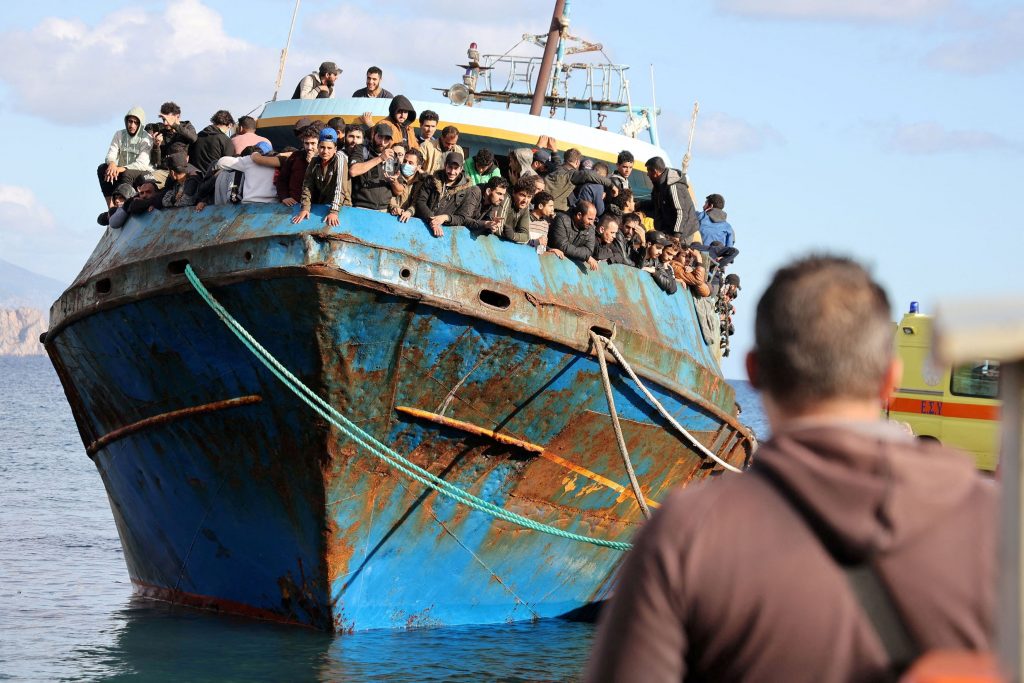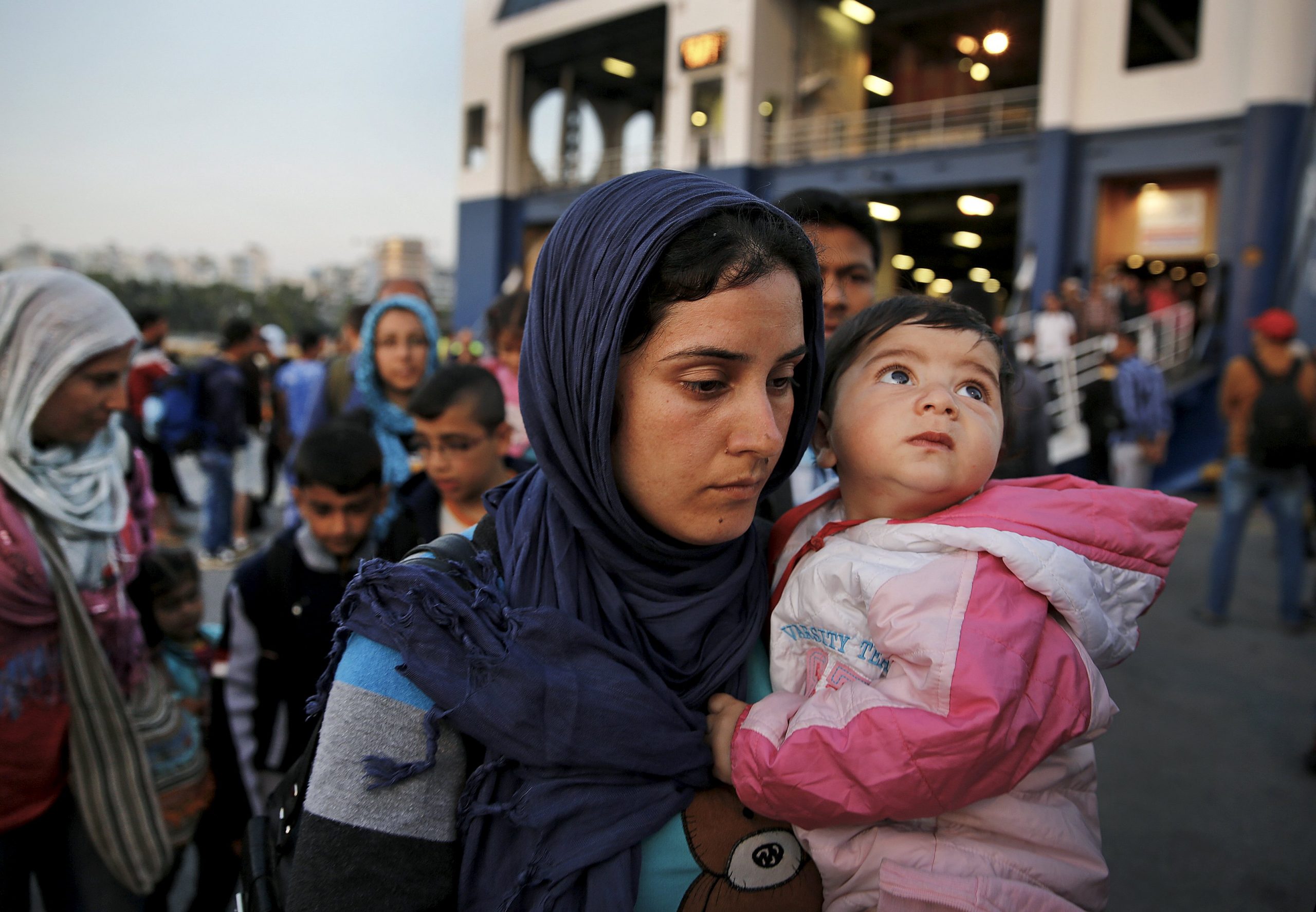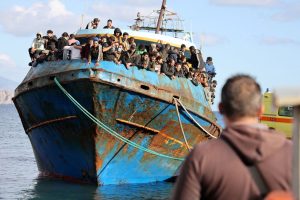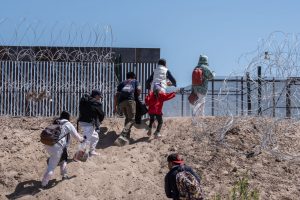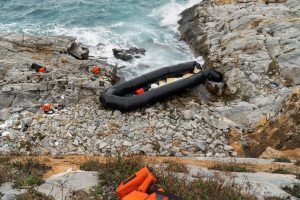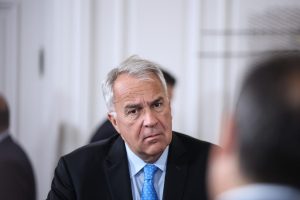The New Pact on Migration and Asylum was passed by the European Parliament on 10 April 2024 and will have to go through the European Council next, but the road from its passage to implementation by EU Member States will be long and fraught with challenges, explained Dr. Angeliki Dimitriadi to Ta Nea.
Dimitriadi, who is the Head of Migration at Greece’s top thinktank ELIAMEP, notes that the Pact is a comprehensive overhaul of immigration procedures, from the point a migrant steps on European soil.
It has preserved the logic of the Dublin process and “in practice also shifts the burden of responsibility to the external borders of the EU, making them responsible for arrivals.”
The external borders of the EU are charged with conducting faster processing of entries, from registration, processing of asylum requests and determining who is eligible for return, said Dimitriadi.
Moreover, the new procedures will process personal data differently and record unique entries to the block, not just border crossing attempts, which sometimes resulted in counting the same irregular migrant several times.
The problem is that “Deportation by no means is a given, as it has been proved over the years. It depends on the non-EU countries they originate from and sometimes they work together and sometimes they don’t. According to the last quarter of 2023, out of the 105,000 third country nationals with a deportation order, only 28,900 were returned.”
She notes that there are three key positive points about the Pact which should be retained by the public, around the concept of solidarity, reception standards for asylum applicants, and a voluntary resettlement framework where Member States can offer to host refugees from non-EU countries.
“Solidarity has become mandatory, which recognizes Mediterranean states’ need of need of burden sharing”, highlighted Dimitriadi.
Countries don’t have to accept to receive refugees, but if they don’t, they have to pay 20,000 euros per person to finance operational support.
And following the bad press that Greece and other countries received in the past about inadequate conditions at reception facilities, the Pact obliges countries to ensure certain standards in terms of housing, education and health.
Dimitriadi added that although it remains to see if and how it will function, the framework of voluntary resettlement may actually contribute to better and more humane conditions for refugees in the event of another crisis.
